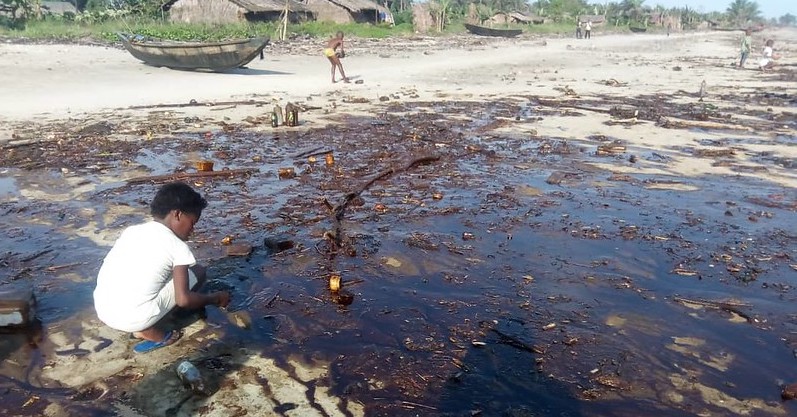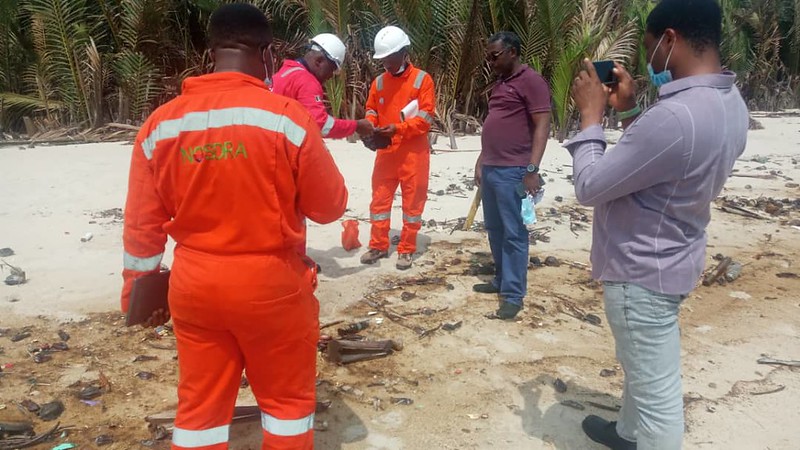Connected Development (CODE), in collaboration with Ford Foundation, is supporting local leaders in grassroots villages in Rivers State to demand greater accountability for resources allocated to them.
Connected Development, led by Hamzat Lawal (pictured above) is a non-government organization (NGO) whose mission is to empower marginalized communities in Nigeria and across Africa.
The Niger Delta campaign was said to be borne out of a need to combat pervasive corruption, poor accountability, and the negligence of community development.
According to CODE, this situation has amounted to years of under-development, exposure to hazardous health risks due to oil substance leakages into water supplies, and sheer impact of these on livelihoods, and the quality of life.
Advertisement
Lucy Abagi-James, CODE’s senior programs manager, said a huge percentage of Nigeria’s wealth is generated through the oil and gas sector, mainly explored in the Niger-Delta region, yet the condition in these communities is disheartening.

The federal government’s exploitation of natural resources combined with energy companies exploiting the extremely fragile infrastructures and laws has worsened the degradation and destruction of Ogoni land in Rivers State, CODE added.
The incompetence of the Niger-Delta Development Company is further exhibited in the deploring state of host communities.
Advertisement
Leveraging its expertise on community empowerment, grassroots community engagement, CODE said it will support and foster rural development in Ogoni, Ahoada East, Ahoada West, Onelga, Oyigbo and other local communities in Rivers State.
These communities are said to have suffered severe environmental damage, health set-backs and terminated livelihoods as a result of negligence caused by oil exploration.

The civil society organisation will also mobilize community governance structures across the aforementioned communities through the Community Monitoring Teams (CMTs) vehicle and empower them to provide effective public oversight on government spending in their communities for effective service delivery in the education, health and WASH sectors.
Through this, the project is expected to facilitate increased citizens participation in government spending and enhanced social accountability in the region, thereby improving access to basic and essential social amenities for selected communities.
Advertisement
Add a comment






